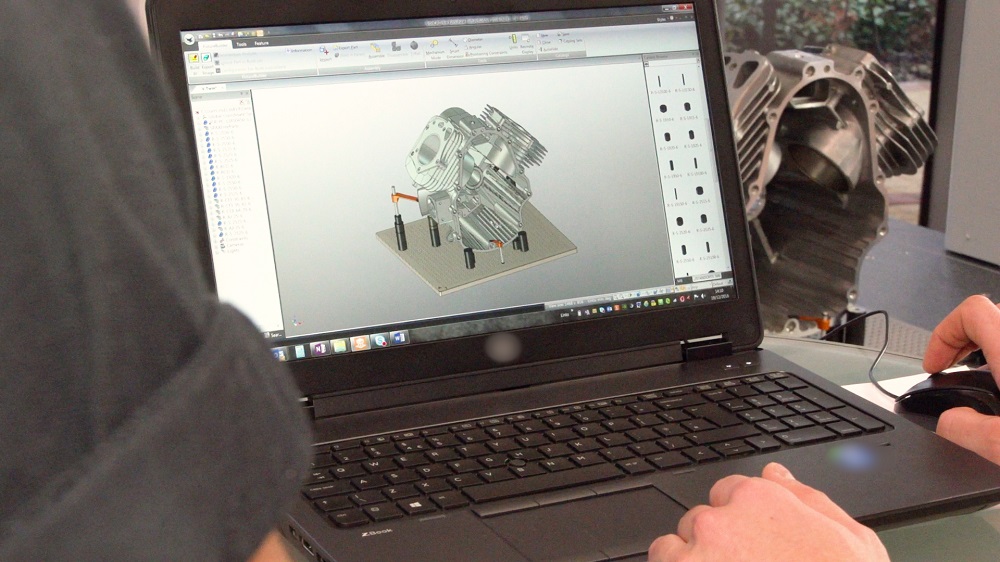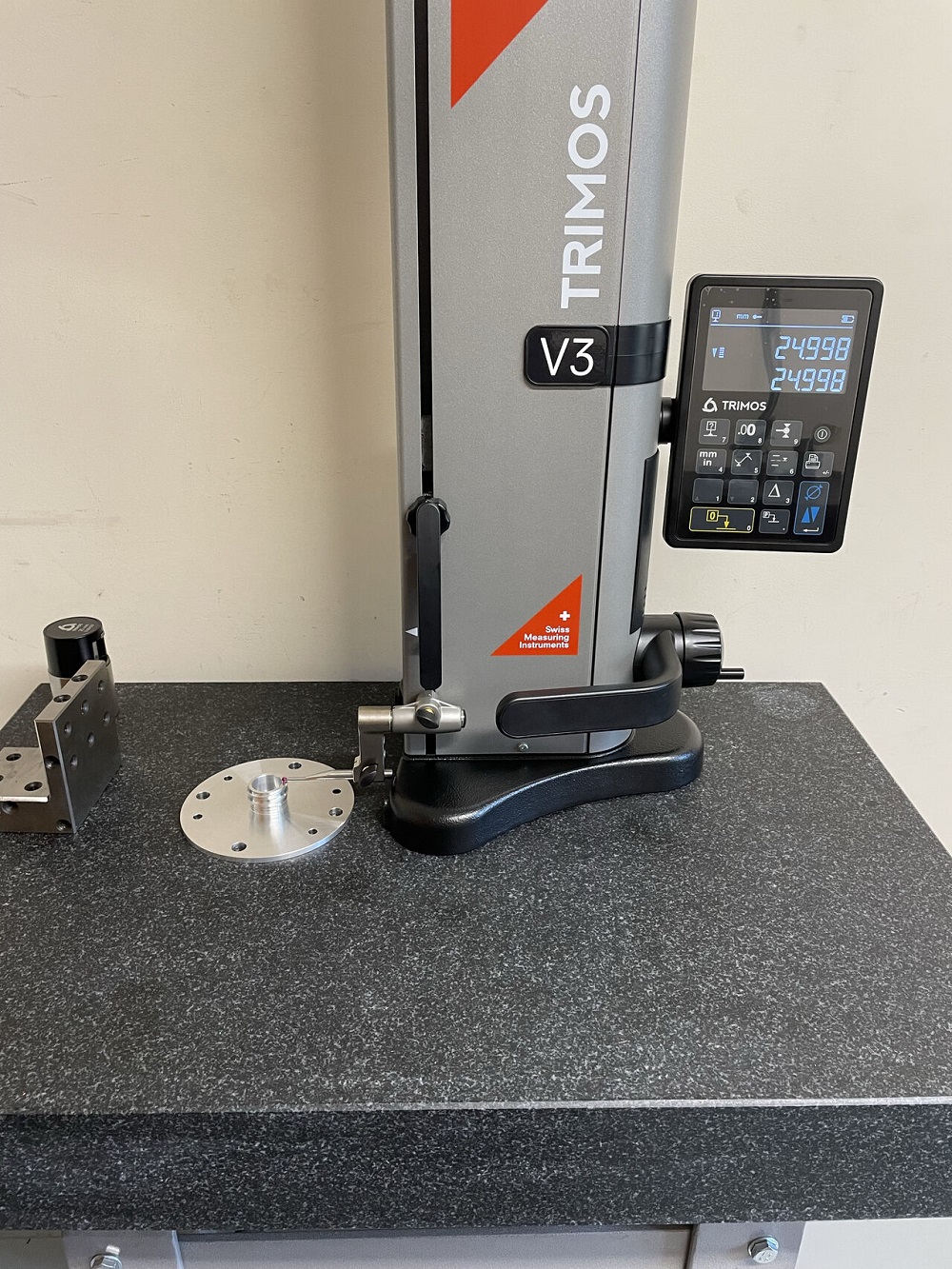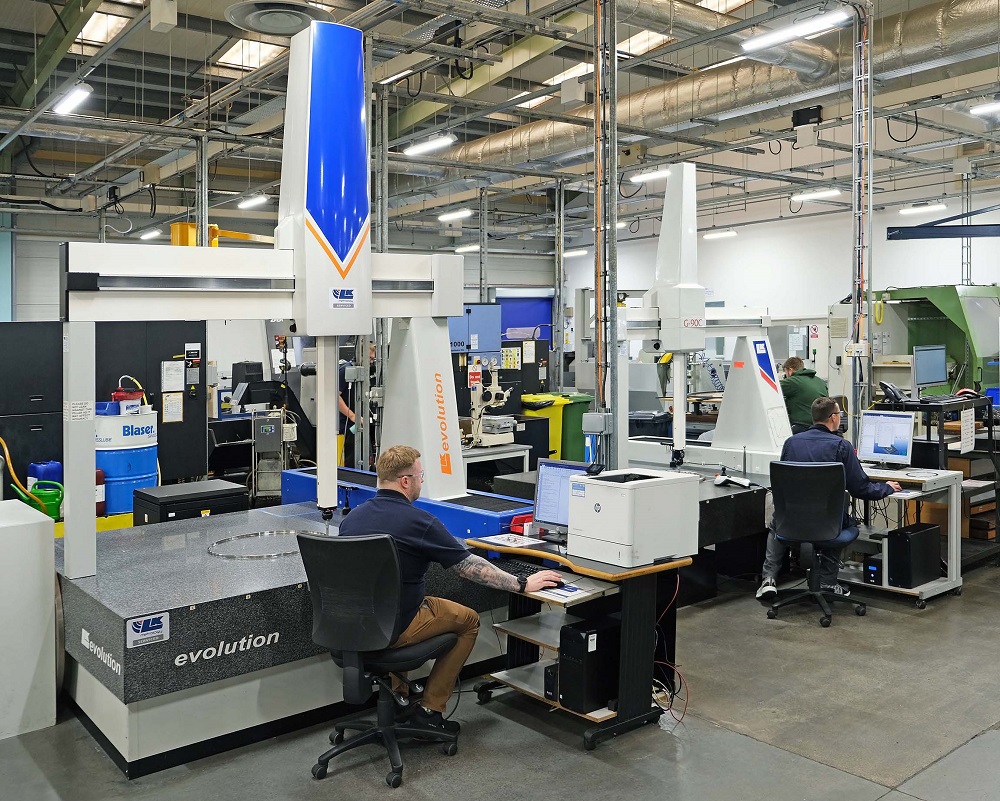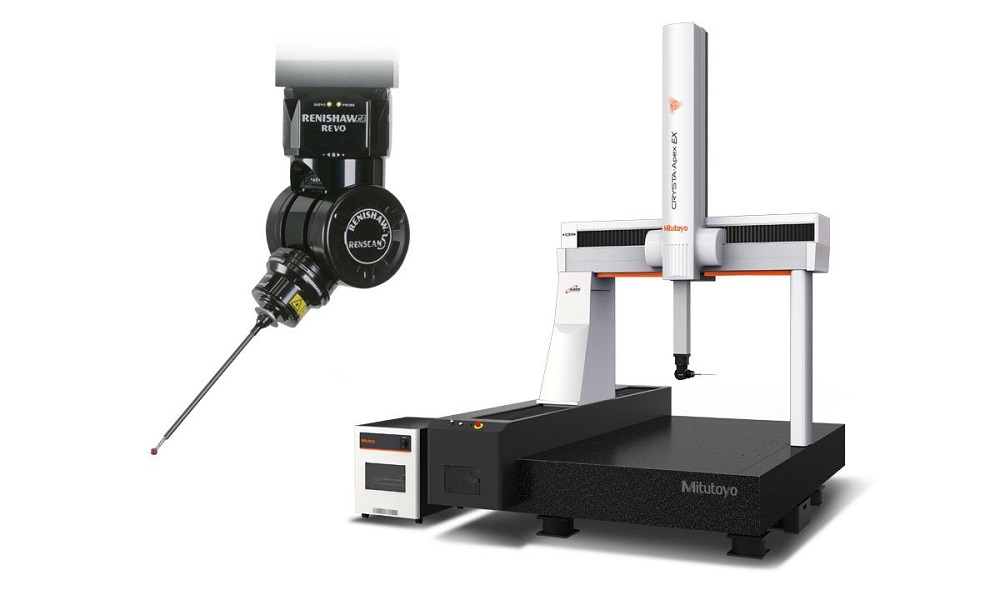Renishaw’s FixtureBuilder 3D fixture-modelling software is now available via a new subscription service. Customers can therefore take advantage of a complimentary 12-month subscription to this accessible fixture-planning software when they purchase qualifying metrology fixturing products or bundles.
FixtureBuilder software allows the quick and easy creation and documentation of advanced CAD-based metrology fixturing set-ups for repeatable and productive part inspection. Users have access to the full catalogue of Renishaw metrology fixturing components when designing and documenting their modular fixturing set-ups.
Renishaw’s FixtureBuilder software boasts an intuitive interface, complete with clear and organised component libraries, intelligent drag and drop functionality, and an easy-to-use constraint mechanism. Its full CAD compatibility and custom libraries further enhance the user experience.
The FixtureBuilder software’s standout feature is its ‘Build it’ function, which automates the generation of work instructions and bill of materials for each fixture set-up. This simplifies the purchase of fixturing components and helps users to meet their quality standards.
“Our fast and flexible FixtureBuilder software is a powerful addition to any manufacturer’s inspection workflow,” says Will Paul, product marketing manager. “The weakest link in an inspection process is often the ability to design and document comprehensive fixturing set-ups with ease and speed. FixtureBuilder gives our customers confidence in the positioning of their parts.”
FixtureBuilder 8.1 is the latest version of the software. It enables users to design fixturing set-ups in seconds and then export them to an inspection programming software of choice using popular file formats like IGES, SAT, and STEP. This ensures seamless functionality and compatibility with industry-standard inspection programs and applications.
For further information www.renishaw.com/fixtures



















